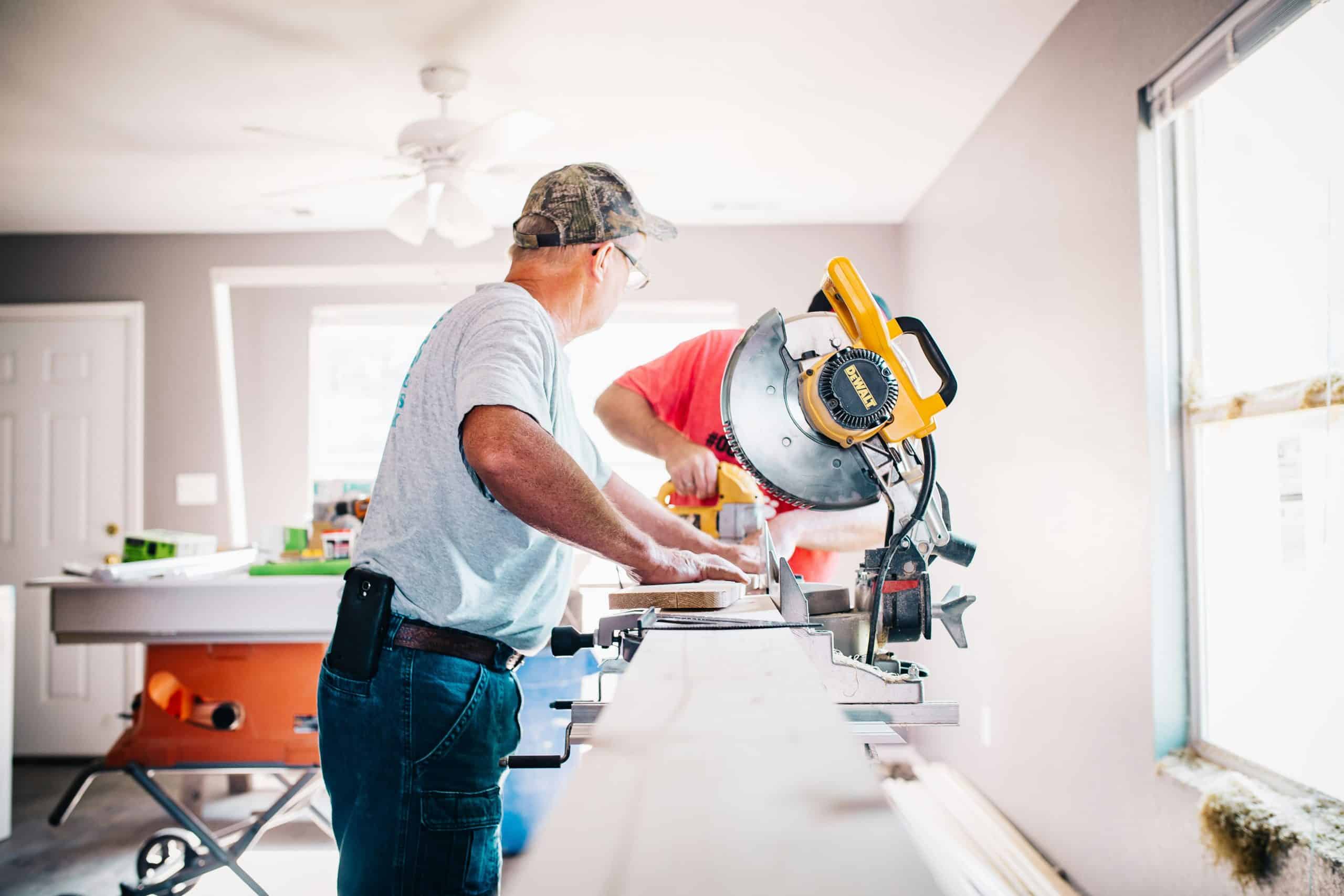We all aspire to build and live in homes that are comfortable, beautiful, and above all, sustainable. However, choosing the right materials for your home renovation can be a daunting task, especially when you’re aiming for an eco-friendly revamp. In this article, we’ll shed light on how to choose the best sustainable materials that not only contribute to a green and efficient home but also make great sense from a design perspective.
Start with Sustainable Flooring Options
Whether it’s due to wear and tear or just a desire for a new look, flooring is often a big part of home renovations. But did you know that some flooring options are much more eco-friendly than others?
Dans le meme genre : Tips for Creating a Functional Mudroom in Tight Spaces?
One of the first things to consider when choosing sustainable flooring is the material’s lifespan. A flooring material that lasts longer will be replaced less often, resulting in less waste. Some of the best eco-friendly flooring options include bamboo, cork, and reclaimed wood.
Bamboo is a natural, rapidly renewable material that produces more oxygen than trees and can grow without pesticides. It’s also incredibly durable, making it a fantastic green choice for flooring. However, make sure you’re purchasing responsibly sourced bamboo, as not all bamboo products are created equal.
Lire également : How to Design an Inviting Front Porch on a Budget?
Reclaimed wood is another excellent choice. It’s a recycled material that gives a second life to old wood and keeps it out of landfills. It also adds a charming, rustic look to your home.
Selecting Eco-Friendly Building Materials
In addition to flooring, there are many other building materials to consider when renovating your home. Some of the most sustainable options include recycled steel, plant-based insulation, and materials made from recycled waste.
Using recycled steel in your building project is a great way to reduce your carbon footprint. It requires significantly less energy to produce than virgin steel and is just as durable.
For insulation, consider plant-based options like cotton and cellulose. These materials are not only renewable but also have high insulation properties, helping to reduce energy use in your home.
Choosing building materials made from recycled waste is another excellent way to make your renovation more sustainable. For example, some companies now produce bricks made from recycled construction waste, which are not only eco-friendly but also highly durable.
Water-Saving Fixtures and Appliances
When it comes to home renovation, it’s not just the big building materials that count. The fixtures and appliances you choose also have a significant impact on your home’s sustainability.
Installing water-saving fixtures such as low-flow showerheads, dual-flush toilets, and water-efficient dishwashers can significantly reduce your home’s water usage, making it more eco-friendly and saving you money on your water bill.
Using Green Products for Interior Design
Interior design is another area where you can make eco-friendly choices. From paint to furniture, there are now many products on the market that are made with sustainability in mind.
For example, consider using eco-friendly paint. Traditional paints often contain volatile organic compounds (VOCs) that can harm both the environment and your health. Eco-friendly paints, on the other hand, are water-based and free from harmful VOCs.
When choosing furniture, look for pieces made from sustainable materials like reclaimed wood, bamboo, or recycled metal. Not only are these materials more environmentally friendly, but they also add a unique and stylish touch to your home.
Must-Have Energy-Efficient Features
Lastly, don’t forget about the potential energy savings that can come with a home renovation. This means choosing energy-efficient appliances, improving insulation, and installing renewable energy sources like solar panels.
Remember, an energy-efficient home not only reduces your carbon footprint but also results in significant savings on your energy bills.
Choosing Environmentally Conscious Contractors
Once you’ve made your decision to utilize sustainable materials for your home renovation, it’s crucial to find contractors who prioritize eco-friendly practices. This will ensure that your vision for a green renovation is executed flawlessly.
Consider asking potential contractors about their experience with sustainable building. Their familiarity with concepts like energy efficiency, recycled materials, and eco-friendly home improvements can be a determining factor. Also, ask if they have worked with the specific materials you’re interested in, such as bamboo flooring or tankless water heaters.
Some contractors might even be certified in green building practices. For instance, the U.S. Green Building Council offers a Leadership in Energy and Environmental Design (LEED) certification. Choosing a LEED-certified contractor ensures they’re knowledgeable about the latest in sustainable home renovation.
It’s also a good idea to discuss waste management during the renovation process. A green-minded contractor will have strategies in place to minimize waste and dispose of it responsibly. They should also be willing to accommodate any special requests you might have, such as using locally sourced materials to reduce the environmental impact of transportation.
The importance of Energy Star Products in Home Renovation
When we talk about energy efficiency in home renovation, Energy Star products should be at the top of your consideration list. From appliances like refrigerators and dishwashers to HVAC systems and water heaters, Energy Star rated products are designed to use less energy and reduce greenhouse gas emissions.
Energy Star is a U.S. Environmental Protection Agency (EPA) voluntary program that helps businesses and individuals save money and protect the climate through superior energy efficiency. Products that earn the Energy Star label are independently certified to meet strict standards for energy efficiency set by the EPA.
For example, Energy Star certified refrigerators are about 9-10% more energy efficient than models that meet the federal minimum energy efficiency standard. Similarly, Energy Star certified dishwashers use about 3.5 gallons of water per cycle, while standard models use over 5 gallons per cycle.
These energy and water savings not only reduce your environmental impact but also translate into savings on your utility bills. So, they make an excellent investment for your eco-friendly home renovation.
Conclusion
Embracing sustainable materials for your home renovation not only contributes to a healthier environment but can also enhance the aesthetics of your real estate and save you money in the long run. From sustainable flooring to water-saving fixtures, energy-efficient features, and green interior design, there are myriad ways to make your home more sustainable.
Remember, the key to a successful and eco-friendly renovation lies in careful planning, choosing the right green materials, and hiring contractors who are knowledgeable about sustainable building. With these measures in place, you’ll be well on your way to creating a beautiful, environmentally friendly home that will serve you well for many years to come. And, most importantly, you’ll be doing your part to protect our planet for future generations.






